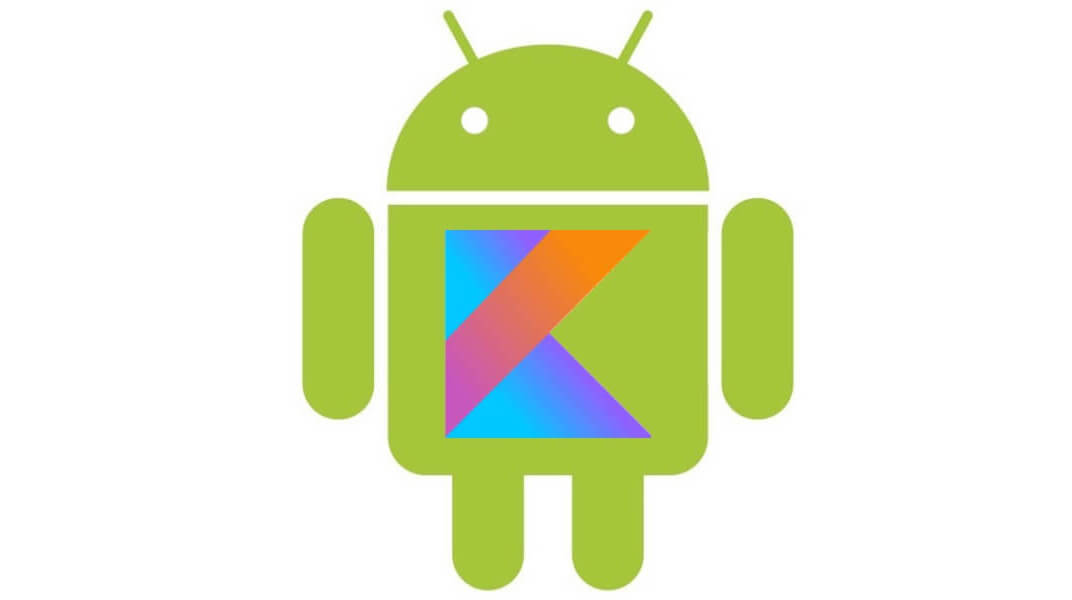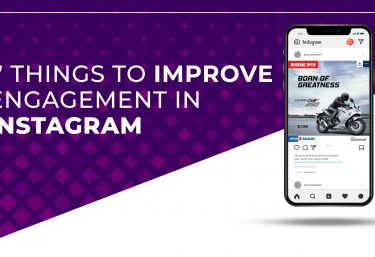Today, at the Google I/O keynote, the Android team announced first-class support for Kotlin. This is indeed a great step for Kotlin, and fantastic news for Android developers as well as the rest of the community. Kotlin really takes off in tackling more inherent issues with Java. Kotlin has more than a few merits that improve Android development and performance of Android App.
Kotlin is a new programming language from Jetbrains, For Android developers, Kotlin support is a chance to use a modern and powerful language, helping solve common headaches such as runtime exceptions and source code verbosity. Kotlin is easy to get started with and can be gradually introduced into existing projects, which means that your existing skills and technology investments are preserved
Check This Also : GOOGLE ANNOUNCED 2017 GOOGLE PLAY AWARDS WINNERS
What Kotlin has that Java does not
-
It is Android Focused
-
The sheer level of ability of software to exchange. In IntelliJ or Android Studio, converting Java files to Kotlin just requires installing the Kotlin plugin, adding it to the Gradle build files, and clicking convert.
-
Help in building really clean APIs
-
Nullability problems are very common in Java, and Android uses null often to represent the absence of a value. Basically, having a null point exception can kill an app. Kotlin solves this by having null right in its type system, not forcing developers to use some kind of workaround.
-
It is clear and brief
-
Developers can write new modules in Kotlin that will work alongside existing Java code. It’s compatible with all existing Java libraries and frameworks, the Java Virtual Machine and can integrate with the Gradle or Maven build systems. Whereas many languages are hardline functional or object-oriented, it’s not overly assertive .
-
Avoids garbage collection.
-
Kotlin is also designed to be intuitive and easy to read, so even if you do encounter some code that’s drastically different, you should still be able to get the gist of what this code is doing.
It is of greatest interest to people who work with Java today, although it could appeal to all programmers who use a garbage collected runtime, including people who currently use Scala, Go, Python, Ruby and JavaScript
Related Posts:






